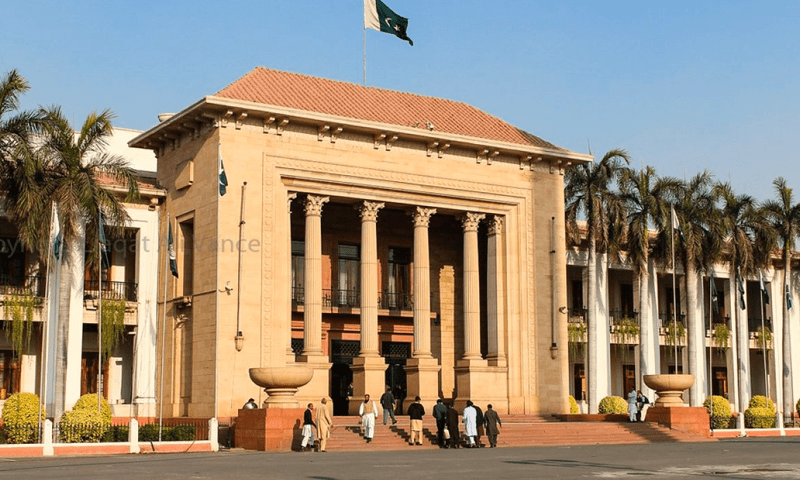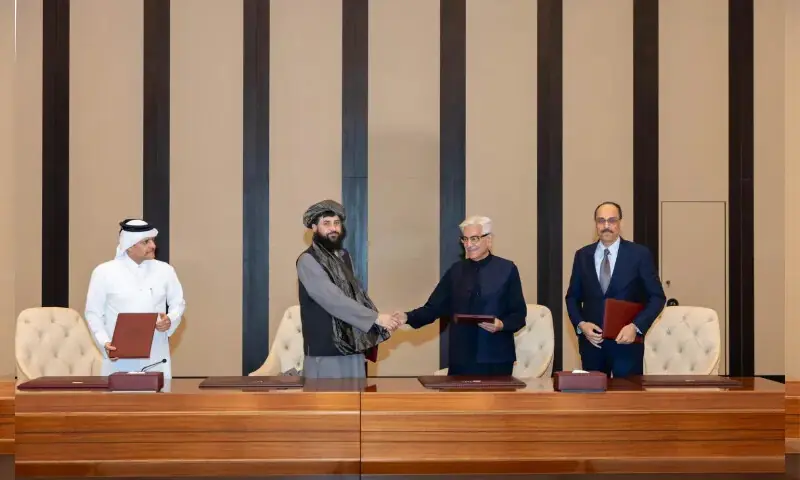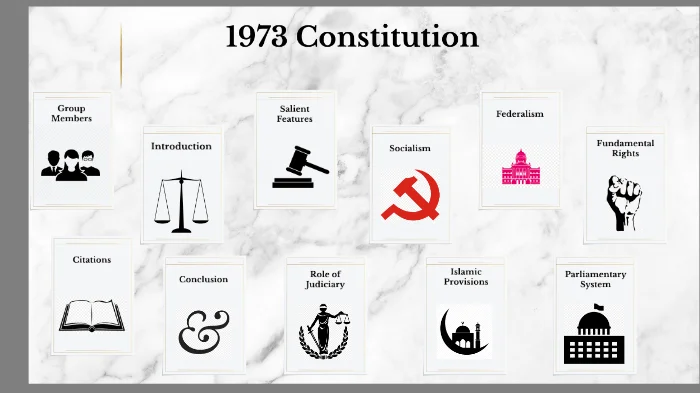During Monday’s session, the Senate presented 128 recommendations to the National Assembly, nine of which were specifically related to the Public Sector Development Programme (PSDP) for 2024-25. The National Assembly will consider whether to incorporate these recommendations into the Finance Bill.
Of the 128 recommendations, 69 were general suggestions related to the budget for 2024-25. Additionally, there were eight recommendations concerning the Customs Act, 1969; 23 related to the Sales Tax Act, 1990; 15 to the Income Tax Ordinance, 2001; three to the Federal Excise Act, 2005; and one to Abandoned Properties.
Saleem Mandviwala, Chairman of the Senate Standing Committee on Finance, presented the budget recommendations, which the House subsequently adopted. In his address, Mandviwala underscored the collaborative nature of the budget review, emphasizing the involvement of various stakeholders, including associations, chambers of commerce, and members of civil society, in providing feedback.
Among the key points raised by the committee were concerns regarding the allocation of funds, the need to increase revenue by bringing non-filers into the tax net, and the impact of taxes on specific sectors and demographics. The committee unanimously rejected certain tax proposals, advocated for allocation of special allowance for persons with disabilities, and put forward recommendations to broaden the tax base and reduce tax burden on the salaried class.
Pl, watch video and subscribe to the YouTube channel of republicpolicy.com
The Senate also proposed measures to support certain industries, such as withdrawing tax on newsprint imports, sales tax on poultry feed, and the increase in petroleum levy on petroleum products. Additionally, the recommendations included addressing issues related to tax rates, exemptions, customs duty, and reducing government expenditures through renegotiation of agreements and bringing tax evaders into the tax net.
Furthermore, the Senate put forward specific recommendations with a strong focus on the development of Balochistan. These recommendations included programs, scholarships, and energy projects to address power shortages in the region. There were also suggestions for reinstating exemptions and reducing sales tax rates in specific regions until 2026.
Overall, the Senate’s recommendations were comprehensive, covering a wide range of fiscal and economic measures. This approach was designed to address various concerns and ensure a balanced and inclusive budget for the year 2024-25.















